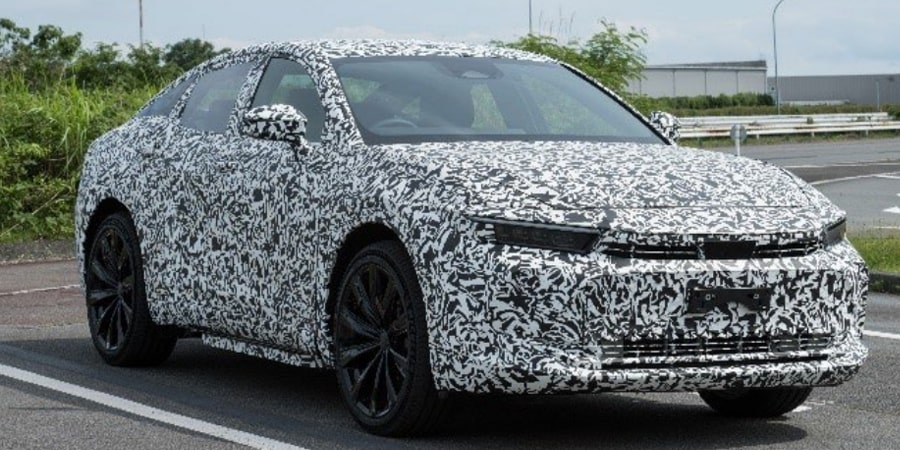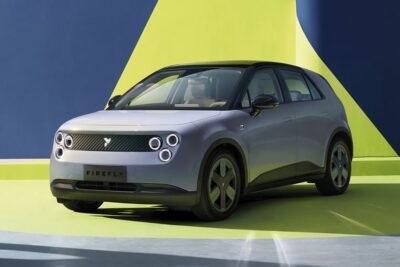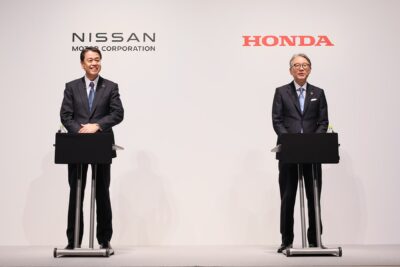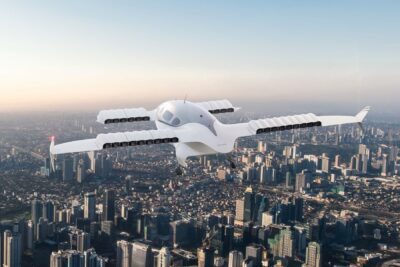Toyota wants 1,000 km range in their BEVs by 2026
At a technical workshop, Toyota gave details of its electrification strategy. Although the company continues to keep its technology open, it is aiming for ranges of up to 1,000 kilometres for BEVs from 2026 through improved batteries, before up to 1,500 kilometres should be possible shortly afterwards thanks to solid-state batteries.
Japanese manufacturers have previously been critical of an exclusively BEV approach, and Toyota is regarded as a great advocate of hybridisation and has so far been reluctant to embrace BEV technologies. This is illustrated, for example, by the latest report of the International Council on Clean Transportation (ICCT), which uses 2022 data to compare how effectively the world’s 20 largest car manufacturers are switching to electric vehicles. Toyota comes in an unglamorous 15th place in this ranking.
In the course of a technical workshop, Toyota now provided insights into its further electrification roadmap. The Japanese carmaker held this workshop just one day before its annual shareholders’ meeting, at which the strategy and management of the company are always put to the test. Rarely has Toyota been so talkative on the subject of how it plans to compete in the fast-growing electric car market. The basic strategy remains, as the company continues to emphasise that it will continue to pursue a multi-pronged approach to drive systems in the future, including the use of fuel cells.
It is also clear, however, that Toyota wants to catch up in the BEV sector by making technological leaps in battery technology. Against this backdrop, the carmaker is aiming to debut a new model range from 2026 that will offer a number of improvements. For the development of these battery cars, Toyota established a new organisation called “BEV Factory” in May. This is to produce around 1.7 million of the 3.5 million BEVs planned by Toyota by 2030. Among other things, Toyota is relying on aluminium die-cast components (“giga casting”), smaller electric axles, silicon carbide semiconductors and above all: better batteries.
With these next-generation lithium-ion batteries, Toyota aims to achieve ranges of up to 1,000 kilometres for its new BEVs from 2026. Battery variants with NMC and LFP chemistry are planned. Of course, the 1,000 kilometres mentioned only apply to batteries with NMC-based performance cells (and in combination with advances in “vehicle efficiency, aerodynamics and weight reduction”). The LFP battery is supposed to be “good and cheap”.
For the period 2027 to 2028, Toyota is already aiming for the commercialisation of solid-state batteries, with which the carmaker considers ranges of initially 1,200 kilometres and at the peak of up to 1,500 kilometres to be possible. However, Toyota does not provide any test cycle data for either range. It thus remains open whether the WLTP cycle is meant.
The manufacturer also fails to provide further details, such as the expected investment costs for this BEV offensive, the future manufacturing location of the new model range from 2026 and the solid-state batteries. “What we want to achieve is to change the future with BEVs,” Takero Kato, president of Toyota’s new EV unit BEV Factory, expressed in a video posted on the automaker’s YouTube channel on Tuesday. “We will launch the next generation of battery-powered electric cars globally and as a complete product line-up from 2026,” Kato said.
Incidentally, in April, Toyota sold 8,584 electric vehicles worldwide, including Lexus-branded vehicles. This made April the first month ever in which BEVs accounted for more than one per cent of Toyota’s sales.
With reporting by Cora Werwitzke, France.
carscoops.com, reuters.com, global.toyota, global.toyota (PDF, BEV details)





3 Comments